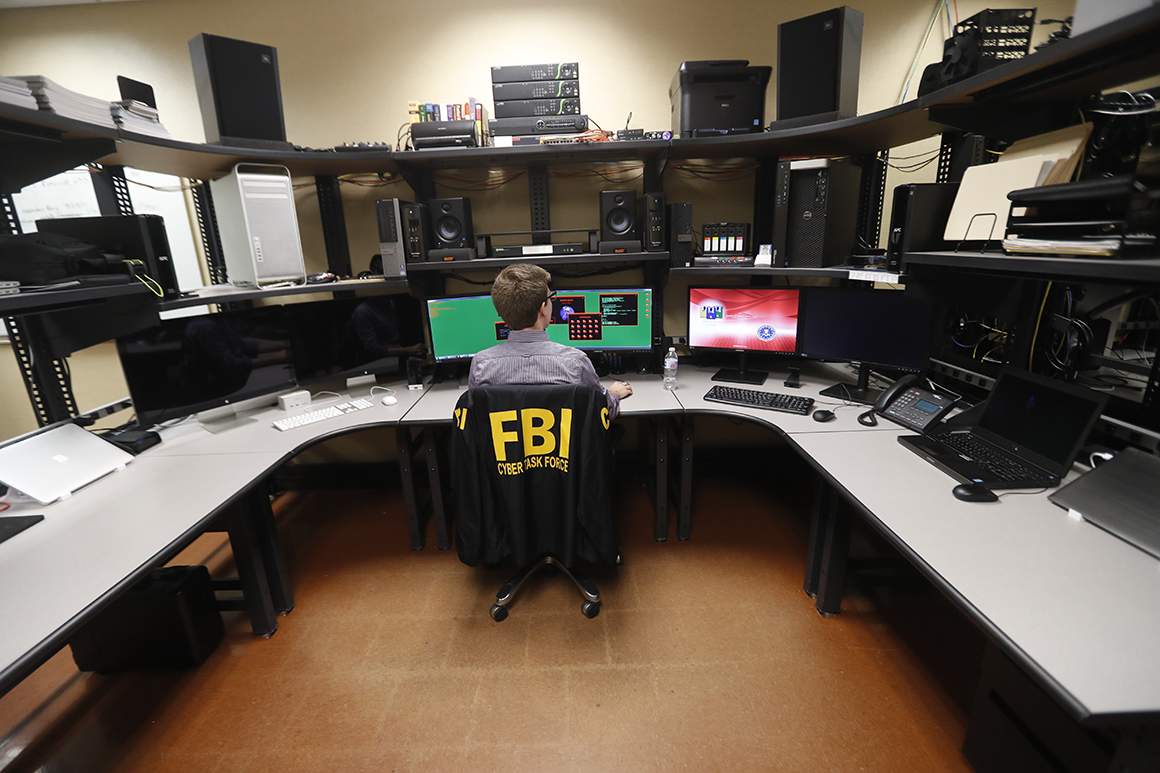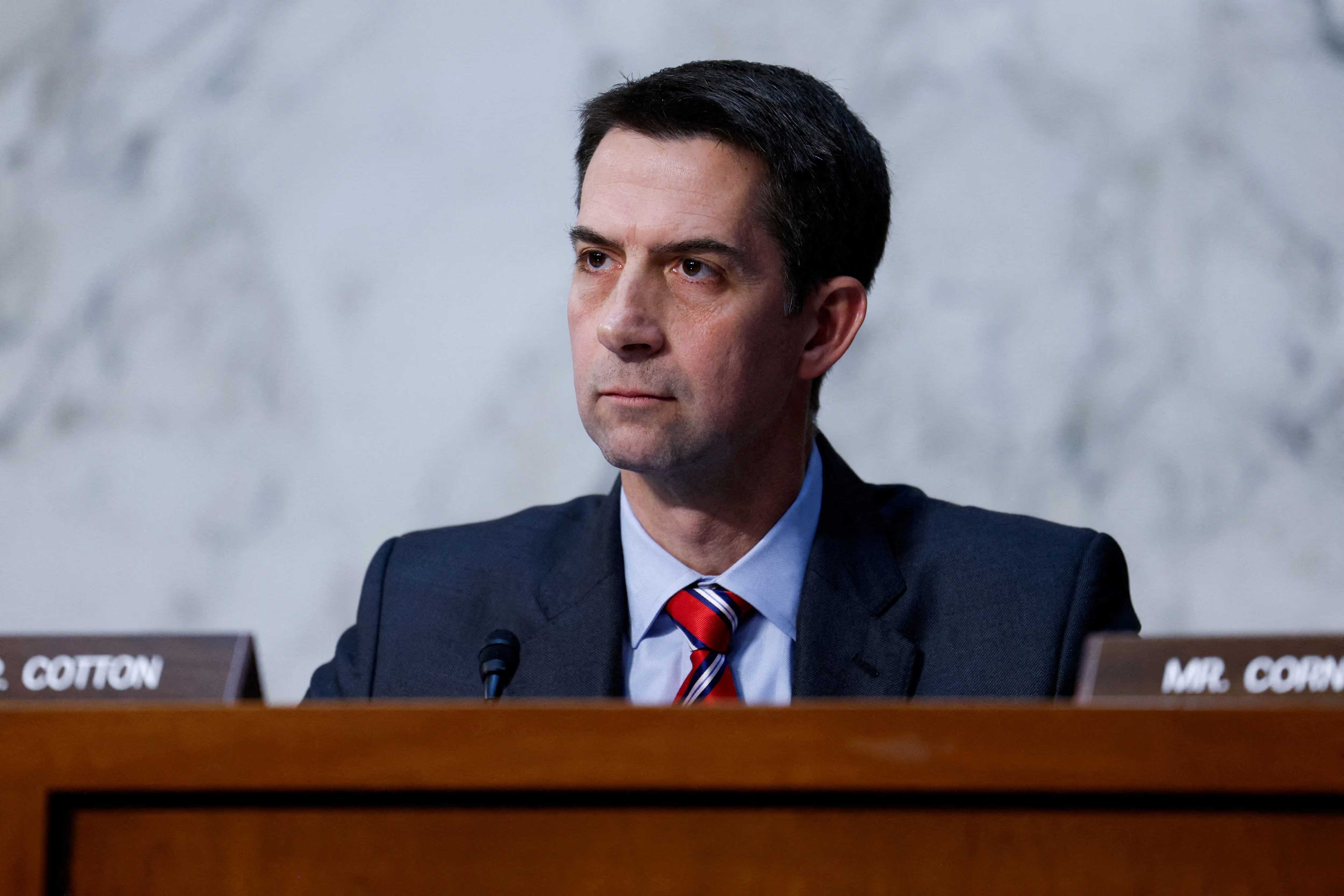The digital world is under siege, with cybersecurity attacks costing Americans a staggering $200 billion each year. This figure is not merely a statistic; it represents the profound impact on our economy and personal lives. The increasing frequency and sophistication of cyber threats have led to a booming cybersecurity industry that, while purporting to protect us, often exacerbates our vulnerabilities.
Cybersecurity Attacks Are Escalating
As reported by the evolution of cyber threats, the nature of these attacks has evolved dramatically over the years. Initially, cyber threats were rudimentary, targeting individual systems. Today, they are sophisticated, often involving coordinated multi-pronged strategies that can debilitate entire organizations. The rise of ransomware is particularly alarming, with attackers demanding hefty ransoms often in cryptocurrencies that are difficult to trace.
Corporate Profits from Cybersecurity Fears
The cybersecurity industry has capitalized on these fears, creating an environment where solutions are marketed at exorbitant prices. Companies like Cloudflare offer services that protect against these attacks, but their pricing structures can be prohibitive for small businesses. As noted in discussions about web application security, organizations are often compelled to choose between comprehensive security measures or the risk of devastating attacks. This dilemma underscores a broader issue: the cybersecurity market thrives on a climate of fear.
\n\n
FBI left out of the loop in cyberattack reporting bill - POLITICO
Privacy in an Era of Surveillance
While cybersecurity measures are essential, they often come at the cost of personal privacy. As highlighted in the privacy policies outlined by USA.gov, the collection of personal data is rampant, often justified under the guise of security. This creates a paradox: to protect ourselves, we must surrender our personal information to corporations that may not have our best interests at heart. The potential for misuse of this data is significant, raising important ethical questions about consent and accountability.
Government"s Role in Cybersecurity
The government’s response to this crisis has been tepid at best. While initiatives exist to promote cybersecurity best practices, as per CISA, these efforts are often reactive rather than proactive. The focus is typically on compliance rather than innovation and comprehensive policy reform. This lack of a cohesive strategy leaves citizens vulnerable and unaware of the true risks they face in the digital landscape.
\n\n
Tom Cotton to be chair of Senate Intelligence committee, Punchbowl N…
Implications for the Future of Digital Rights
The intersection of cybersecurity, privacy, and corporate profit raises critical questions about digital rights. With the stakes so high, it is vital that individuals advocate for stronger regulations that prioritize user privacy and security over corporate profit margins. According to research on protecting information, a more informed public can demand better standards for data protection and corporate accountability.
The status quo is no longer tenable. As we stand on the precipice of a digital revolution, the push for equitable cybersecurity measures must include a comprehensive understanding of privacy rights, ethical data use, and the inherent risks posed by an increasingly interconnected world.







![[Video] Gunfire between Iraqi security forces and Sadr militias in Baghdad](/_next/image?url=%2Fapi%2Fimage%2Fthumbnails%2Fthumbnail-1768343508874-4redb-thumbnail.jpg&w=3840&q=75)
